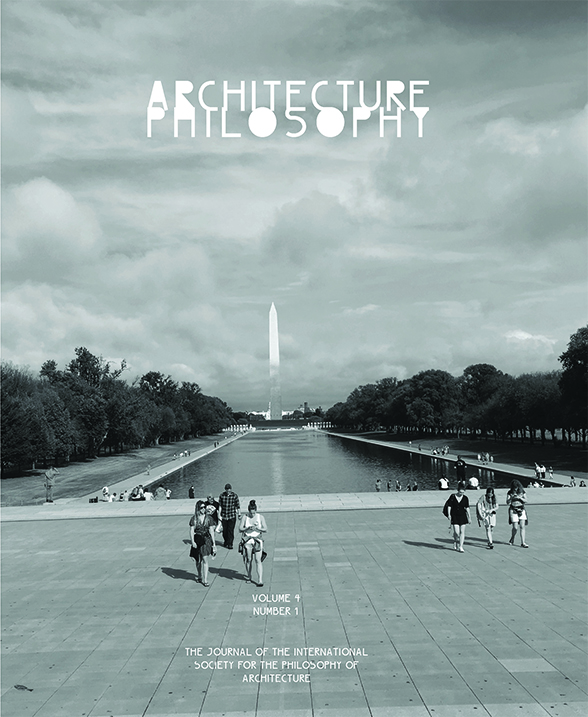On the Use and Abuse of Historical Monuments for Life: Nietzsche And Confederate Monuments
Main Article Content
Abstract
The practice of preserving various parts of urban landscapes for historical purposes raises a variety of normative, metaphysical, and conceptual questions that invite philosophical analysis. The normative questions are particularly interesting. Why should we preserve historical sites? What sites are worth preserving? How should they be preserved and interpreted? In this essay, I apply Nietzsche's theories of history and culture as found in the first two Untimely Meditations to provide a fresh critical framework to some normative questions raised by a particularly difficult instance of historical preservation; namely, the preservation of Confederate monuments. This framework allows me to argue that some monuments should be removed from their prominent public sites, while others should be retained and reinterpreted.
